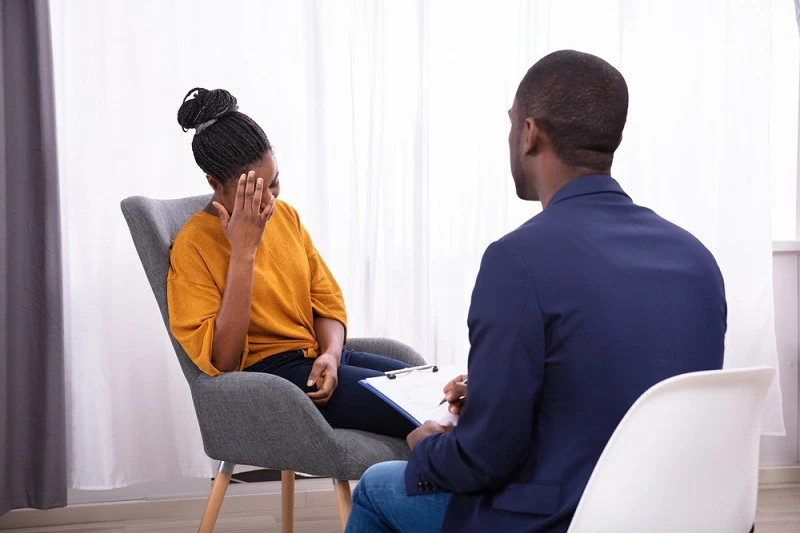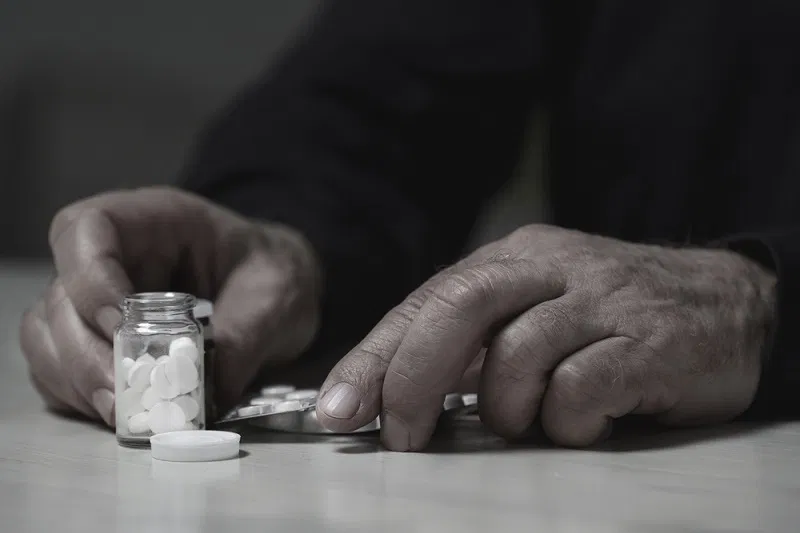Depression is a serious condition that can significantly impact a person’s quality of life. While many individuals with depression find relief from their symptoms through antidepressants, some may not experience the same benefits. If you or someone you know is struggling with depression and not finding relief from antidepressants, there are still ways to cope with the condition.
Antidepressants Don’t Work for Everybody
It’s important to note that while antidepressants are an effective treatment for depression, they don’t work for everybody. In some cases, individuals may not respond to the medication or may experience side effects that outweigh the benefits. Signs your antidepressant isn’t working may include:
Individual Differences
Depression is a complex condition, and everyone experiences it differently. Antidepressants work by altering the levels of certain chemicals in the brain, such as serotonin, dopamine, and norepinephrine. However, the levels of these chemicals can vary from person to person. Therefore, what works for one person may not work for another.
Incorrect Diagnosis
Depression can have many different causes, and it is important to get an accurate diagnosis. If a person is misdiagnosed or has an underlying condition that is not being addressed, then antidepressants may not be effective. It is crucial to work with a healthcare professional to determine the root cause of the depression.

Medication Interactions
Antidepressants can interact with other medications that a person may be taking, which can reduce their effectiveness. For example, some pain medications, herbal supplements, and other drugs can interfere with the way antidepressants work.
Not Taking Medication as Prescribed
To be effective, antidepressants must be taken exactly as prescribed. Skipping doses, taking medication at the wrong time of day, or stopping the medication before the full course of treatment is completed can all reduce its effectiveness.
Side Effects
Like all medications, antidepressants can have side effects. Some people may experience side effects that are too severe to continue taking the medication. Others may experience side effects that reduce the effectiveness of the medication.
Treatment Resistance
Some people with depression may be treatment-resistant, which means that they do not respond to standard treatments such as antidepressants. In these cases, alternative treatments such as therapy or transcranial magnetic stimulation (TMS) may be more effective.
Consequences of Failed Antidepressant Treatment
The consequences of failed antidepressant treatment can be serious. If it’s a case of antidepressants not working anymore, or if the side effects are too severe, individuals may find themselves without effective treatment for their depression. When antidepressant treatment fails, it can have a range of consequences, including:
Persistent Depression: When antidepressants don’t work, depression symptoms can persist, leaving individuals feeling stuck in a cycle of negative thinking and low mood. This can lead to a variety of negative consequences, including difficulty with work, school, and personal relationships.
Decreased Quality of Life: Depression can significantly impact a person’s quality of life, and when antidepressants fail to provide relief, this impact can become more severe. Individuals may feel that they are unable to enjoy the things they used to, leading to a sense of hopelessness and despair.
Physical Health Consequences: Depression can also have physical health consequences, including changes in appetite and sleep patterns, which can in turn affect overall physical health. If antidepressant treatment fails, these physical health consequences may become more severe.
Financial Consequences: Antidepressants can be expensive, and if treatment fails, individuals may be left with the financial burden of trying multiple medications without seeing any significant improvement in their symptoms. Additionally, the impact of depression on work and personal relationships can also lead to financial consequences.
Increased Risk of Suicide: In some cases, the failure of antidepressant treatment can lead to increased thoughts of suicide. Individuals may feel that there is no hope for relief from their depression symptoms and may begin to feel that life is not worth living.

Antidepressants are generally considered safe and effective for the treatment of depression. However, in some cases, they can have unintended side effects. One of the most concerning side effects is the possibility that antidepressants can make some people feel more depressed.
Seeking mental health treatment while pregnant can help manage symptoms and prevent potential complications. Treatment can include therapy, medication, or a combination of both, depending on the severity of the mental health issue. It is essential to work with a qualified healthcare professional who can provide appropriate guidance and support during this critical time.
Treating Depression Without Antidepressants
For individuals who do not experience relief from their depression symptoms with the use of antidepressants or who prefer not to take medications and are wondering can depression be treated without antidepressants? The good news is that there are alternative treatments available. Here’s what to do when antidepressants don’t work.
- Psychotherapy/Counseling: Talking therapies can help individuals with depression understand and manage their emotions, thoughts, and behaviors. These therapies can be conducted one-on-one with a licensed therapist or in a group setting.
- Mind-Body Techniques: Practices such as mindfulness, meditation, yoga, and tai chi can help individuals with depression reduce stress and increase feelings of well-being.
- Exercise: Regular exercise has been shown to reduce symptoms of depression by increasing the production of endorphins, which are natural mood-boosters.
- Transcranial Magnetic Stimulation (TMS): TMS is a non-invasive procedure that uses magnetic fields to stimulate nerve cells in the brain. It is often used to treat depression when other treatments have not been effective.
It is important to note that these treatments may not work for everyone, and it is essential to consult with a medical professional before starting any new treatment. Additionally, these treatments may take time to work and require patience and persistence. In some cases, a combination of therapies may be the most effective treatment approach.
Summing Up
Depression is a serious condition that can significantly impact a person’s quality of life. While antidepressants are an effective treatment for many individuals, they may not work for everyone. If antidepressants are not effective or are causing significant side effects, there are still options for treating depression, including therapy, alternative treatments, and TMS therapy. It’s important to talk to a healthcare provider to determine the best course of treatment for your individual needs. Don’t suffer in silence – there is help available.
